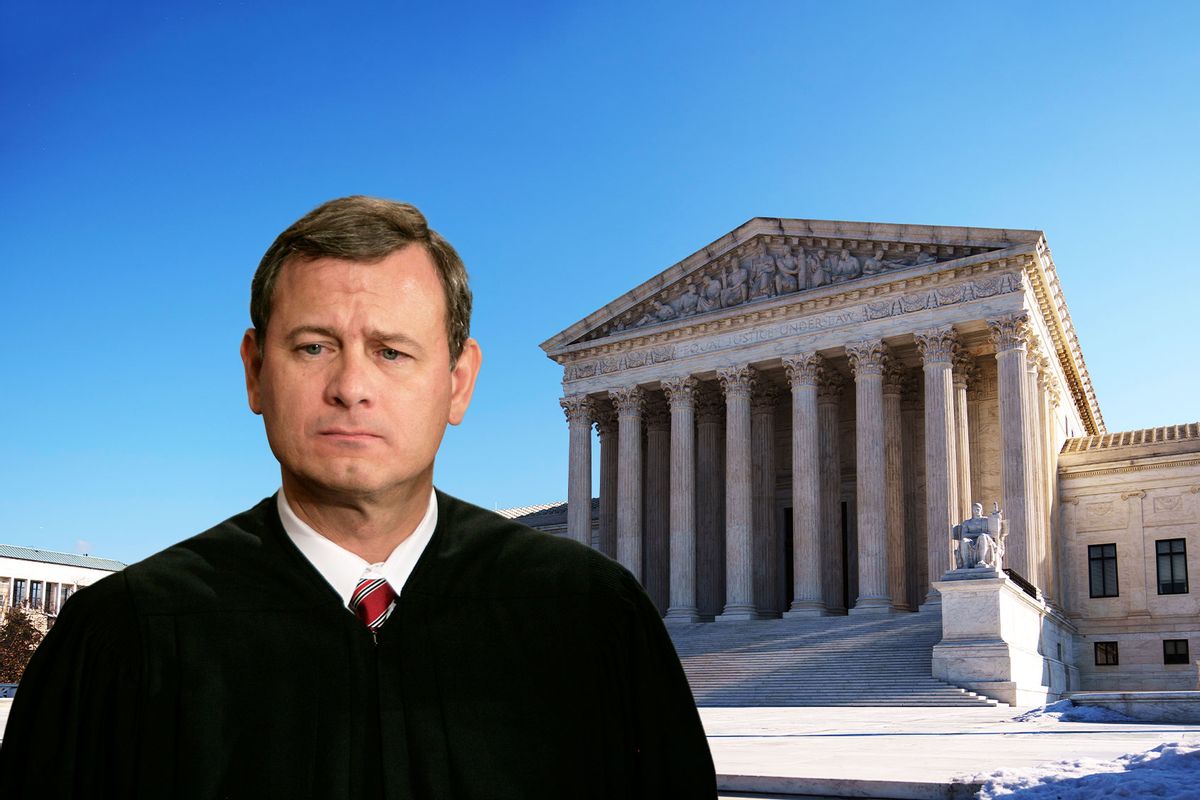For most of their history, colleges and universities in the United States served elites, and they did everything they could not to admit people from groups outside the mainstream. More recently, many of those same schools have changed course, trying to create diverse campuses that serve people of different races, ethnicities, and social classes. But now the Supreme Court has put a stop to some of these practices, ending affirmative action as we have known it. We in Higher Ed will adjust, but in making those adjustments, there are aspects of the past we should not forget. We should not forget that Black people in America, even when forced into slavery, have looked at education as a path to freedom – and that white supremacists, seeing education much the same way, have been bent on denying it to them.
We should be inspired by the fact that Black people enslaved in America found ways to teach one another even in the bleakest of conditions. So-called pit schools, for example, were places hidden from the overseer's gaze where slaves could teach one another reading and writing skills with whatever implements were at hand. Former slave and pioneering educator Harriet Jacobs underscored the connection between learning and freedom. In her Incidents in the Life of a Slave Girl (1861), she gave harrowing accounts of white militias going through slave quarters looking for signs of literacy.
The obvious fact that slaves could learn exposed the rhetoric of freedom celebrated by white supremacists as especially hollow even as it made the slave's humanity painfully visible.
"Since many slaveholders believed that slave literacy begat slave insurrection, the only proof needed to condemn a slave was provocatively written materials," she wrote. When Jacobs escaped from slavery, she continued to view education as the path to freedom. "The more my mind was enlightened," she wrote, "the more difficult it was for me to consider myself an article for property." She went on to found the Jacobs Free School in Virginia to provide a path to authentic freedom (and citizenship) for Black students hitherto forbidden to pursue an education.
Want a daily wrap-up of all the news and commentary Salon has to offer? Subscribe to our morning newsletter, Crash Course.
The direct pathway to freedom was education, and nothing made that more apparent than attempts to block it. Freedom here meant much more than economic independence; it signified being recognized fully as a human being. For Frederick Douglass, the arc of his own life exemplified the link between learning and freedom. He knew that in the context of enforced white supremacy, learning to read was "running away with myself." In a powerful 1852 speech denouncing America's celebrations of the Fourth of July, he pointed out the national hypocrisy in celebrating freedom while defending slavery.
Those who fell back on talk of the natural supremacy of white people were even more base in their duplicity because of their efforts to keep black people from having access to an education. The obvious fact that slaves could learn exposed the rhetoric of freedom celebrated by white supremacists as especially hollow even as it made the slave's humanity painfully visible. Black people had to be prevented from becoming students in order to keep them slaves. Indeed, noted Douglas, teaching slaves was illegal in the South exactly because their very educability was testimony to their rights to equality and freedom.
"It is admitted in the fact that Southern statute books are covered with enactments, forbidding, under severe fines and penalties, the teaching of the slave to read and write. When you can point to any such laws in reference to the beasts of the field," Douglass admonished, "then I may consent to argue the manhood of the slave."
As a young slave, Douglass had experienced the epiphany of education: by learning to learn he was already acquiring freedom. State legislatures in the South recognized this as well and through vicious subjugation were determined to prevent education from spreading. States in the North had more subtle mechanisms for this. We have them still.
In the 18th century Age of Enlightenment, connections between education and freedom were developed by a range of thinkers who began to see students as more than potential disseminators of doctrines or imitators of skillful masters. It would take many generations before the idea of the student as someone learning to be free would be accepted as applicable across all categories of gender, class, race, and ethnicity, but eventually the demand to learn, the right to be a student, would – as a principle – reach far and wide across the globe.
Today there are more subtle means of denying members of historically marginalized groups the opportunity to be students. Privileges of access abound for the wealthy; now, in the name of a phony meritocracy, these opportunities are shrinking for black and brown Americans. I trust that we in Higher-Ed will keep in mind the historic link between education and freedom and will find ways to broaden access to our institutions so that they will do more than replicate contemporary social hierarchies. The quality of education in America and the future of our democracy depend on it.
Read more
about the Supreme Court's controversial term



Shares